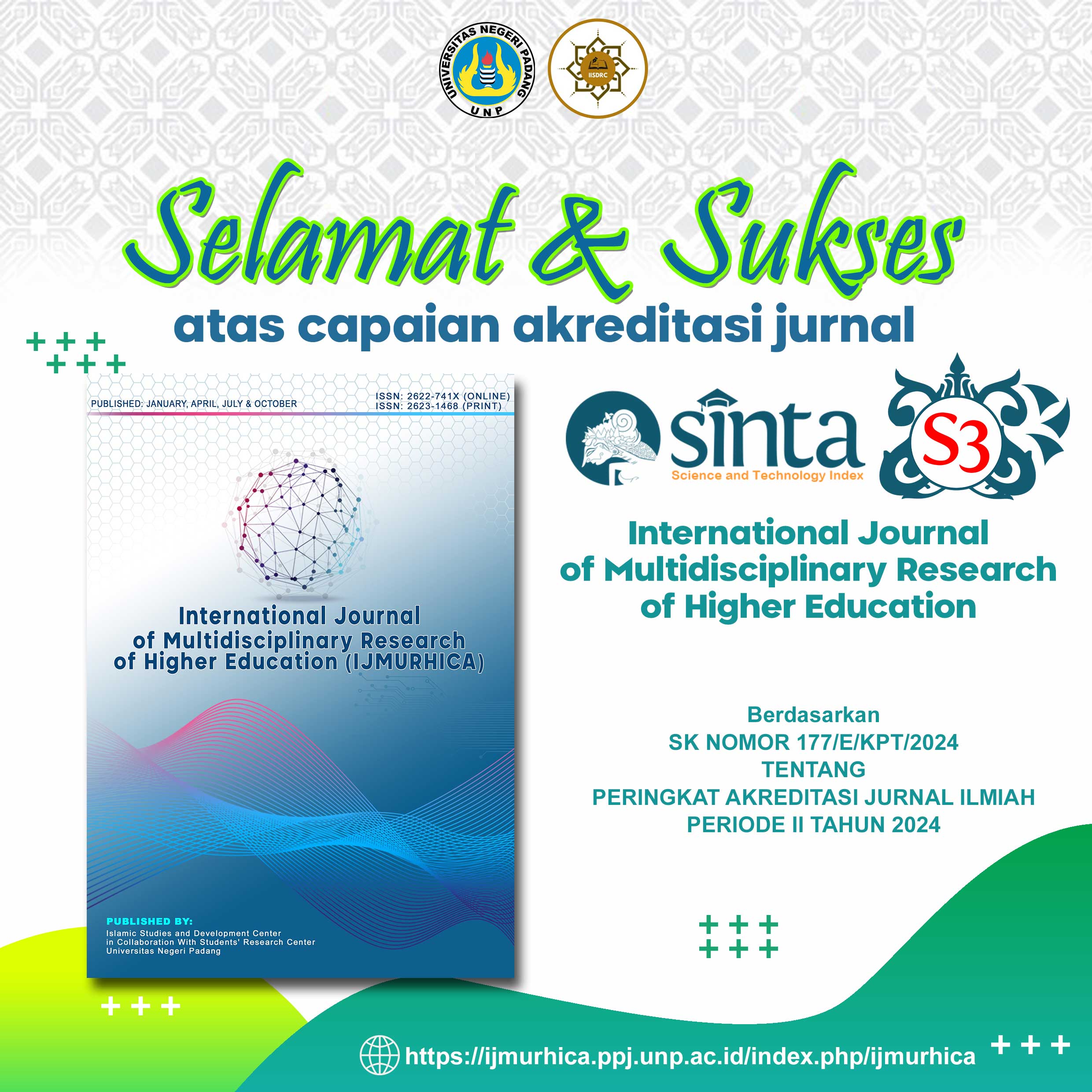Analysis of Group Counseling Practices: A Systematic Literature Review
DOI:
https://doi.org/10.24036/ijmurhica.v8i4.422Keywords:
Counseling services, group counseling practices, international counseling practicesAbstract
Group counseling services play an important role in supporting individuals' psychological, social, and academic development, especially in the context of education and community. This article discusses the operational steps involved in implementing group counseling, examines how such services are applied in various countries, and explores the factors that influence their success. This study employs a Systematic Literature Review method using the Preferred Reporting Items for Systematic Reviews and Meta-Analyses guidelines, a evidence-based reporting framework designed to enhance transparency and completeness in reporting systematic review and meta-analysis results. The review includes 25 selected scientific articles from national and international journals over the past ten years. The results of the literature review analysis indicate that the implementation of group counseling generally consists of six main stages: assessing participants' needs, planning sessions, forming groups, conducting sessions, evaluating the process, and follow-up. In a global context, the implementation of group counseling varies based on educational policies, culture, and professional readiness in each country. Countries such as the United States, South Korea, and Finland have developed systematic service models based on a collaborative approach, while developing countries face challenges related to resources, counselor training, and Countries such as the United States, South Korea, and Finland have developed systematic, collaborative service models, while developing countries face challenges related to resources, counselor training, and institutional structures. Factors influencing the success of implementation include counselor competence, participant engagement, institutional support, and adaptation to the local cultural context. This article makes an important contribution to the development of an operational framework for group counseling services that are not only procedurally effective but also culturally relevant and aligned with educational systems
Downloads
Downloads
Published
How to Cite
Issue
Section
License
Copyright (c) 2025 Mona Yulia Zulfa, Saparia Fitriani, Mayang Belia Sameto, Marfiyanti Marfiyanti, Arissara Saengngern, Jum Anidar

This work is licensed under a Creative Commons Attribution-ShareAlike 4.0 International License.






